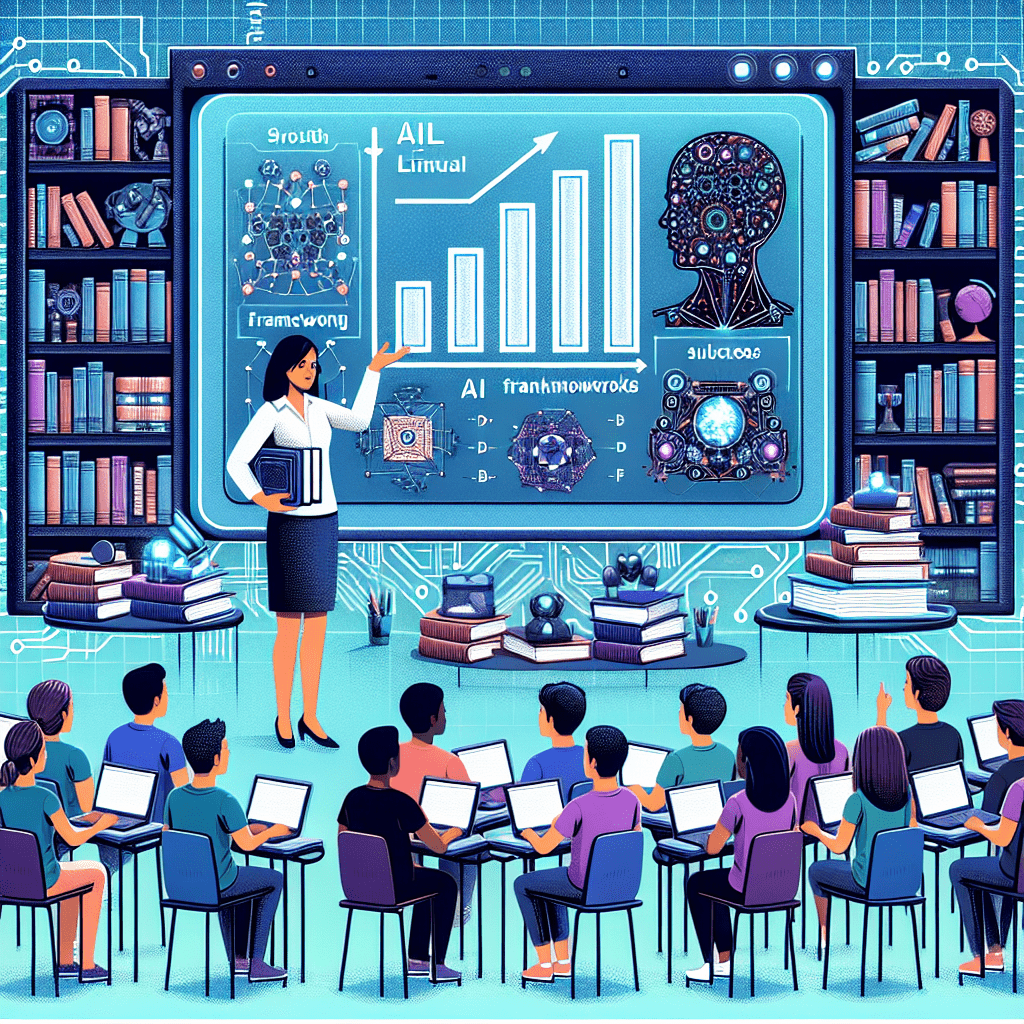Deep learning has revolutionized the field of artificial intelligence, enabling machines to learn from large volumes of data and make intelligent decisions. To master deep learning, choosing the right framework is crucial. In this article, we will compare some of the best deep learning frameworks for success.
TensorFlow
TensorFlow is one of the most popular deep learning frameworks developed by Google. It provides a comprehensive ecosystem for building and deploying machine learning models. TensorFlow’s high-level APIs make it easy to build complex neural networks with minimal code. Its flexibility and scalability make it a popular choice among researchers and developers.
PyTorch
PyTorch is another popular deep learning framework known for its simplicity and dynamic computation graph. It is developed by Facebook’s AI research lab and has gained popularity for its ease of use and flexibility. PyTorch’s eager execution mode allows for intuitive debugging and dynamic model building.
Keras
Keras is a high-level neural networks API written in Python and capable of running on top of TensorFlow, Theano, or CNTK. It is user-friendly and designed for quick experimentation. Keras’ modular and extensible architecture make it easy to build and train deep learning models.
Caffe
Caffe is a deep learning framework developed by Berkeley AI Research and is known for its speed and efficiency. It has a modular architecture and supports both CPU and GPU computation. Caffe is widely used in computer vision research and provides a simple interface for model deployment.
MXNet
MXNet is a scalable and efficient deep learning framework developed by Apache. It supports multiple programming languages like Python, Scala, and R, making it accessible to a wide range of users. MXNet’s flexible interface and advanced optimization techniques make it a popular choice for deep learning research.
Conclusion
Choosing the right deep learning framework is essential for success in AI and machine learning projects. Each framework has its strengths and weaknesses, so it is important to evaluate your specific needs and preferences before selecting one. Whether you prefer the flexibility of TensorFlow, the simplicity of PyTorch, or the speed of Caffe, mastering deep learning requires dedication and practice.
FAQs
Q: What is the best deep learning framework for beginners?
A: PyTorch is often recommended for beginners due to its simplicity and easy-to-use interface.
Q: Which deep learning framework is most commonly used in industry?
A: TensorFlow is widely used in industry due to its robust ecosystem and support from Google.
Q: Can I use multiple deep learning frameworks in the same project?
A: Yes, many deep learning frameworks are compatible with each other, allowing you to take advantage of their individual strengths in the same project.
Quotes
“The goal of deep learning is to enable machines to learn from data and perform intelligent tasks without being explicitly programmed.” – Andrew Ng
#Mastering #Deep #Learning #Comparing #Frameworks #Success


